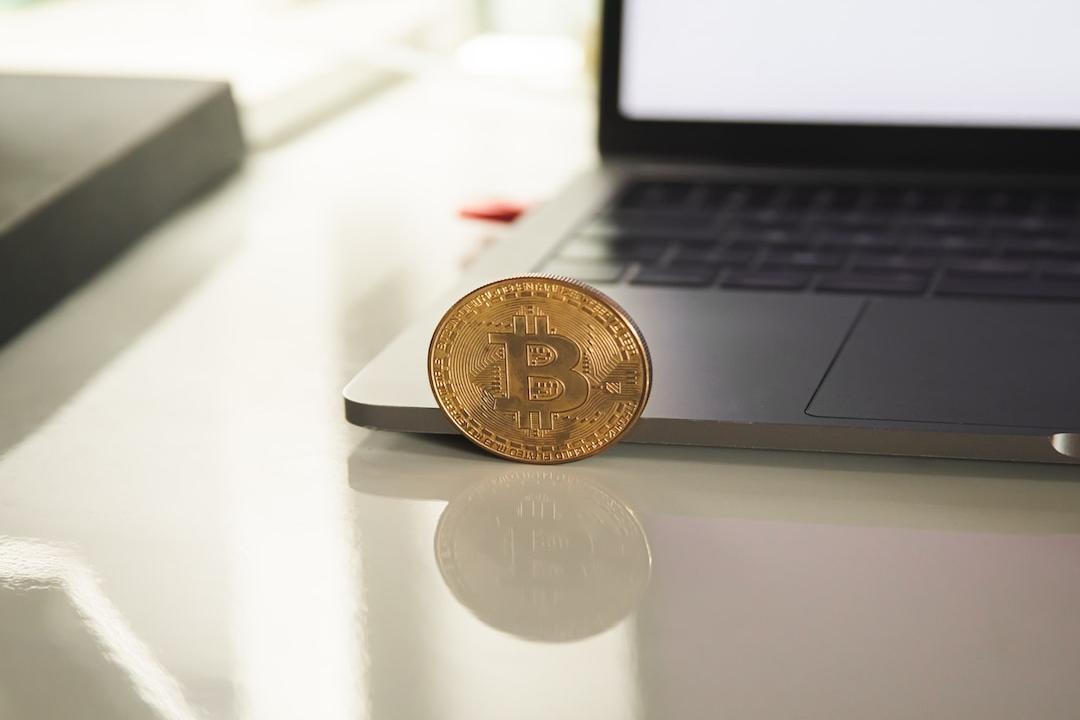South Korea has implemented its first significant cryptocurrency regulations to protect crypto investors in the country. The new framework, known as the Protection of Virtual Asset Users (PVAU), imposes strict requirements on Virtual Asset Service Providers (VASPs). Under the PVAU, VASPs must store at least 80% of users’ digital assets in cold storage. The Financial Services Commission (FSC) will designate reputable financial institutions to handle fiat deposits for VASPs. Additionally, VASPs must separate customer funds from their own and invest them in risk-free assets to generate a yield. This measure ensures that if a cryptocurrency exchange goes bankrupt, the financial institutions will directly repay customer funds.
These regulations were implemented in response to the collapse of Terra-Luna and FTX, which resulted in the loss of billions of dollars of customer funds. South Korea was particularly affected by the collapse of FTX, as it accounted for more than 6% of the exchange’s traffic. In addition to these requirements, VASPs are also required to have insurance or a reserve fund in place to mitigate losses in the event of a hack or liquidity crisis. The regulations also include provisions for VASPs to restrict user deposits and withdrawals under certain conditions to further control irregular activities.
The Financial Supervisory Service (FSS), the executive arm of the FSC, has established a real-time monitoring system in collaboration with cryptocurrency exchanges to monitor abnormal transactions. This system was also implemented on July 19, along with the User Protection Act. The FSS claims that this system will cover 99.9% of the country’s crypto trading volume, and any abnormalities identified must be reported to the FSS through a dedicated data transmission line. In early July, 29 crypto exchanges, including Upbit, Bithumb, Coinone, Korbit, and Gopax, registered with the FSS for this system.
These new regulations come after the South Korean Ministry of Economy and Finance decided to postpone the implementation of the 20% crypto gains tax, which was originally planned for early next year. The ruling party is reportedly considering further postponing the tax until 2028.

